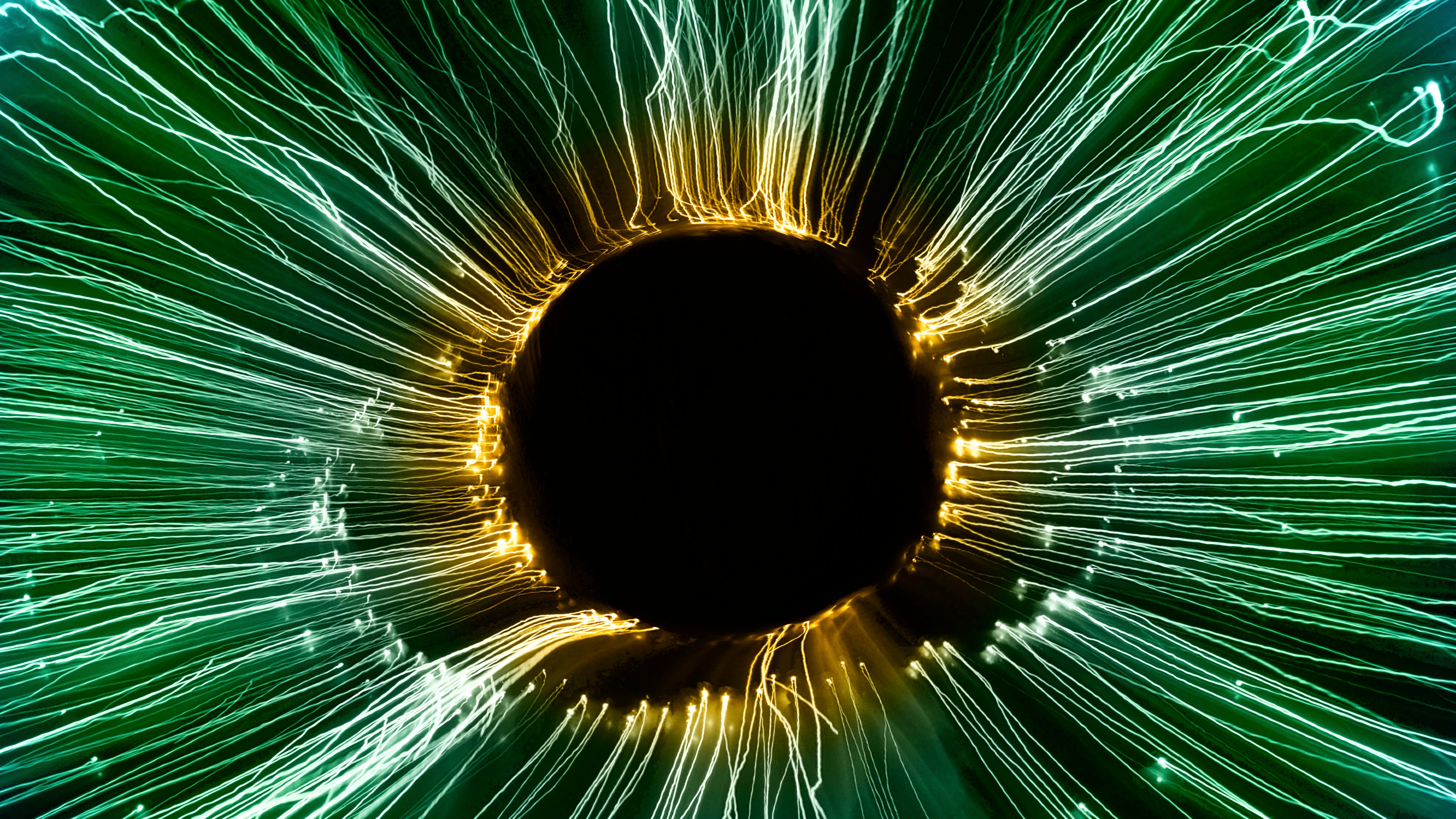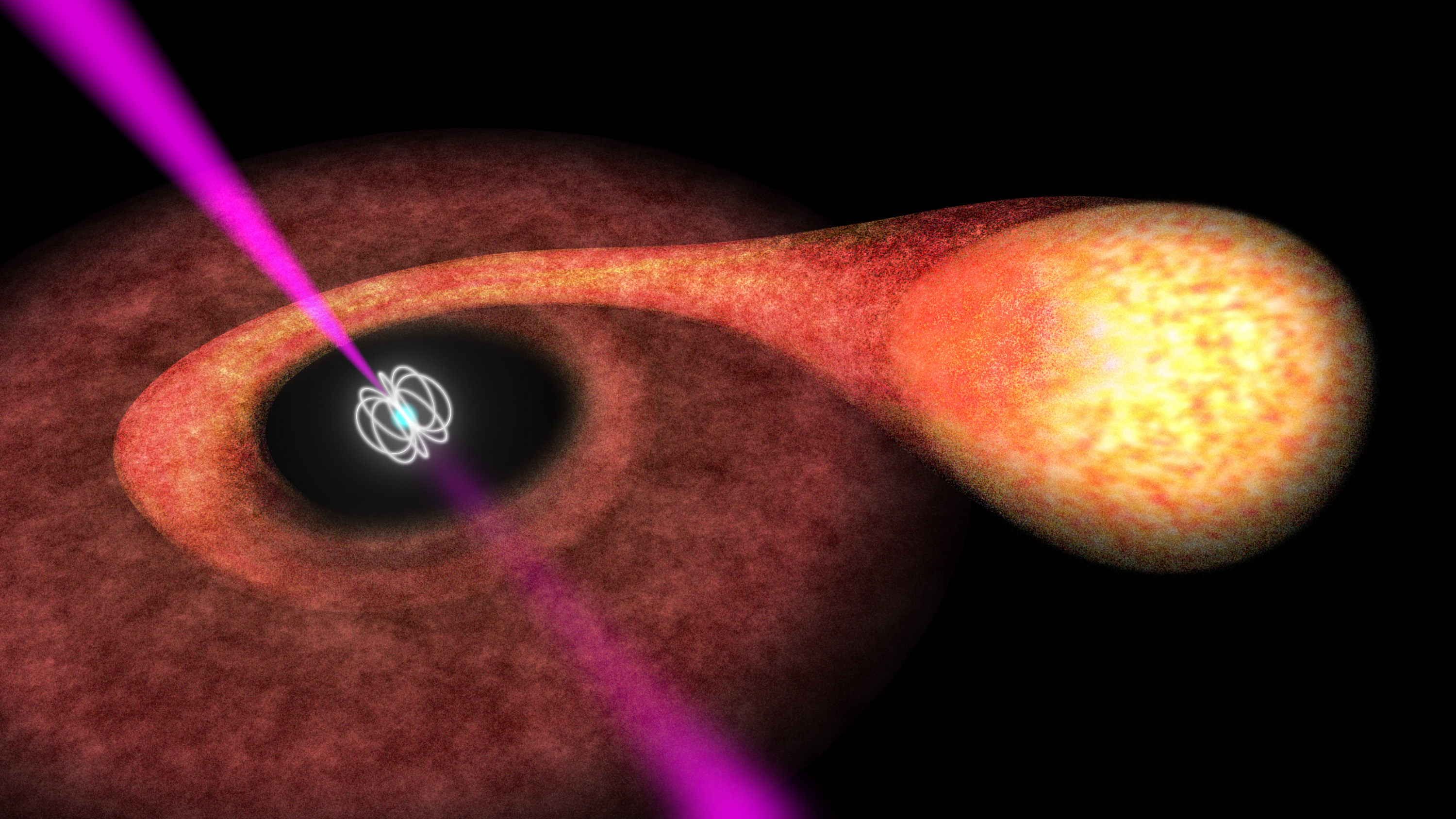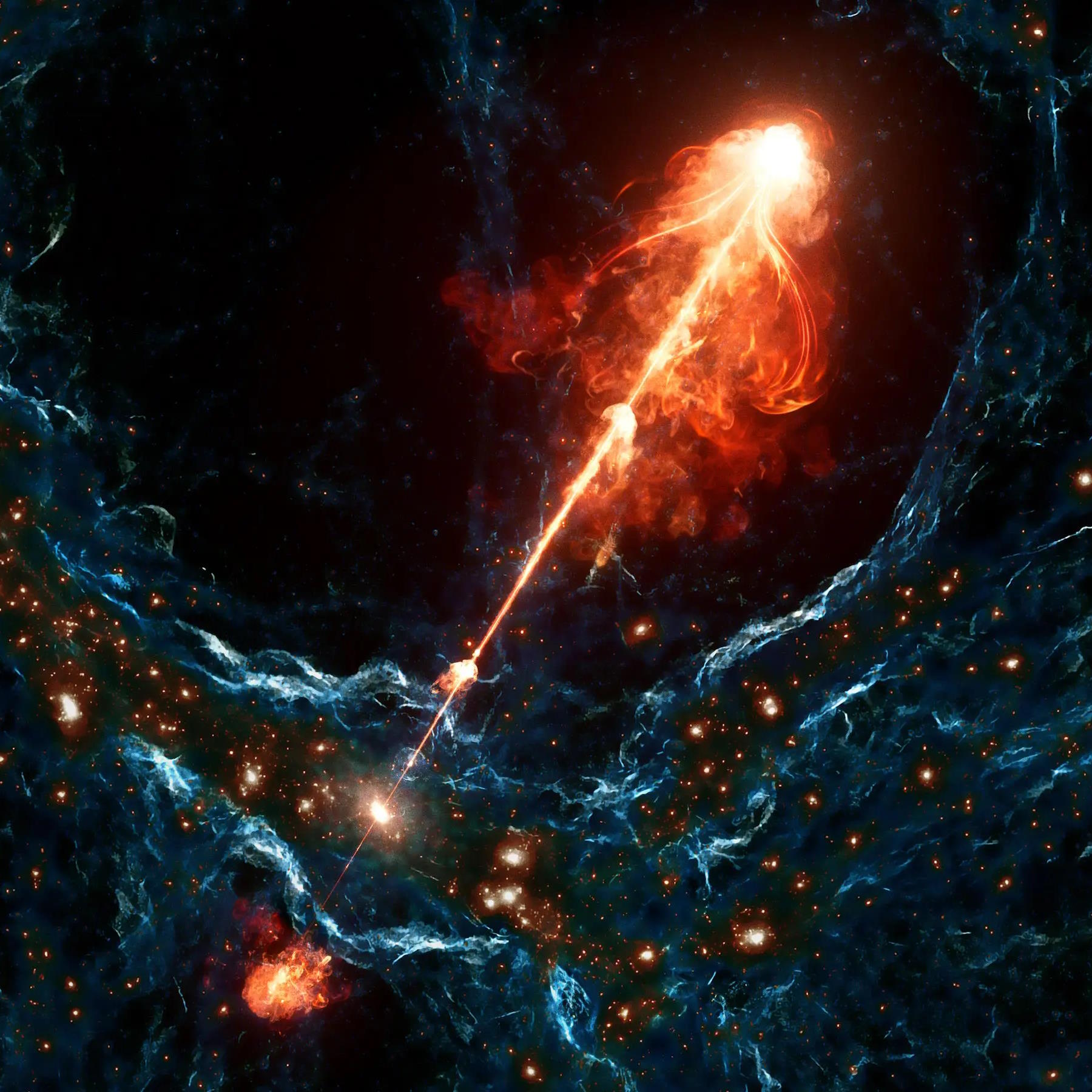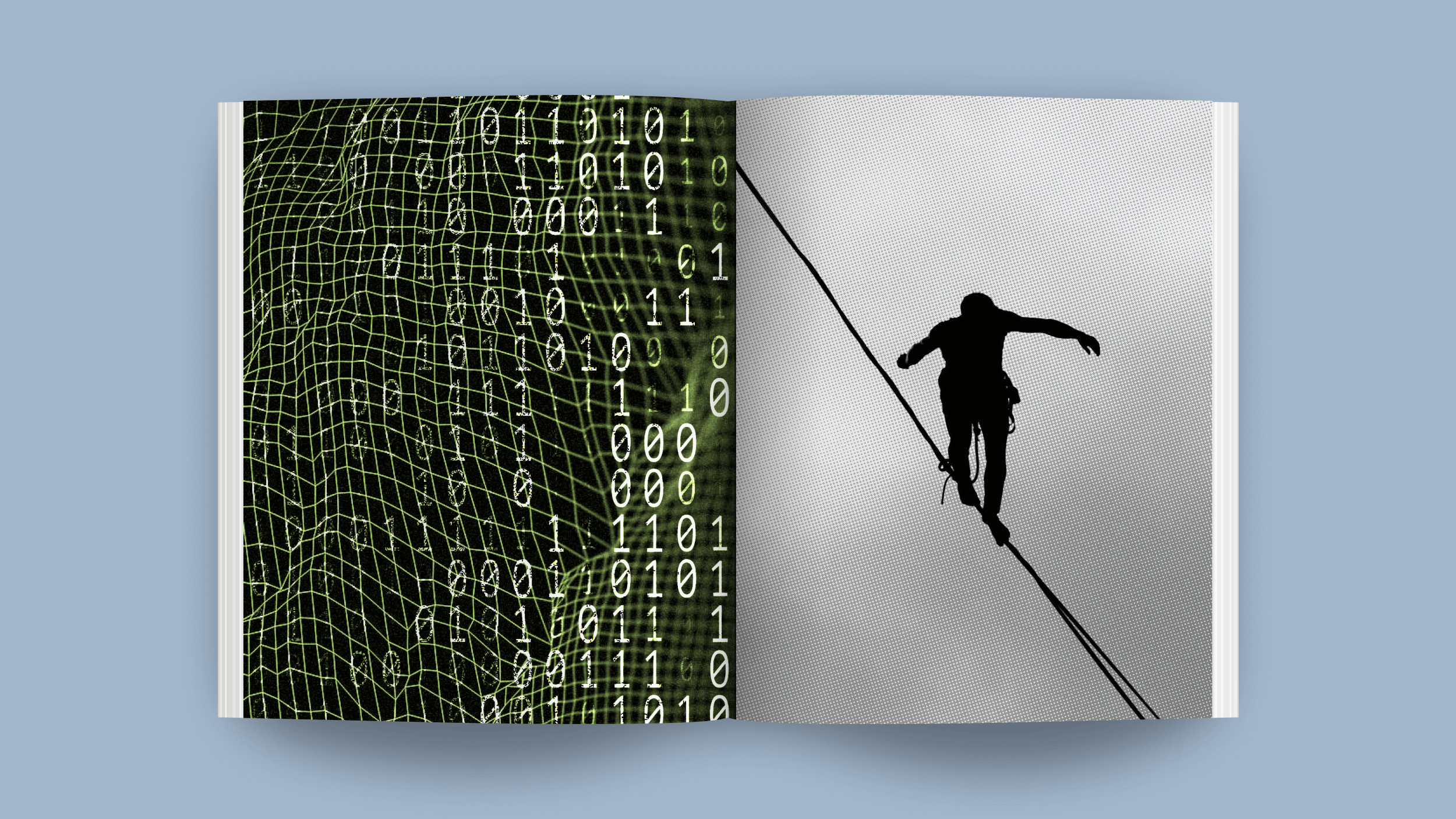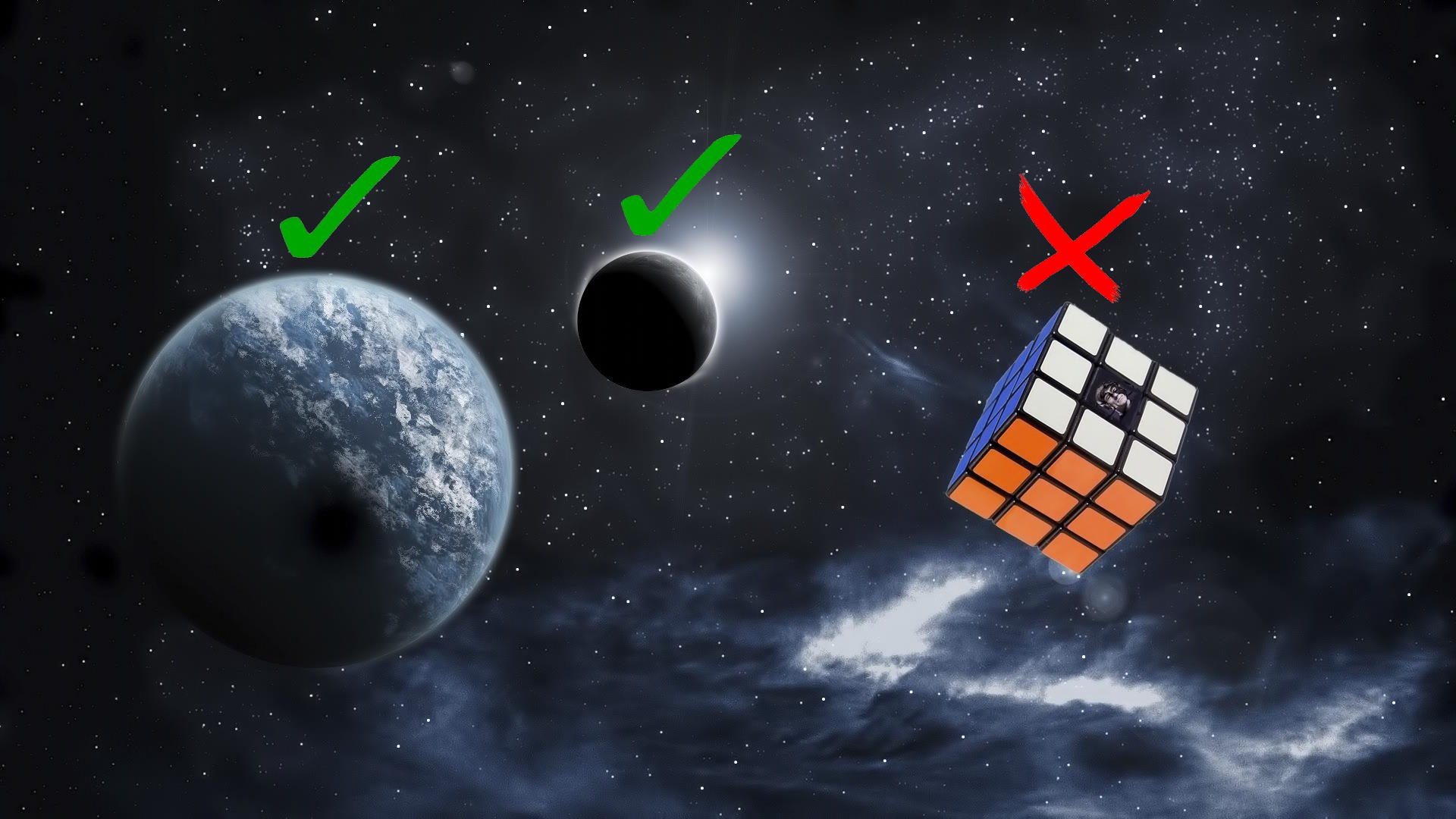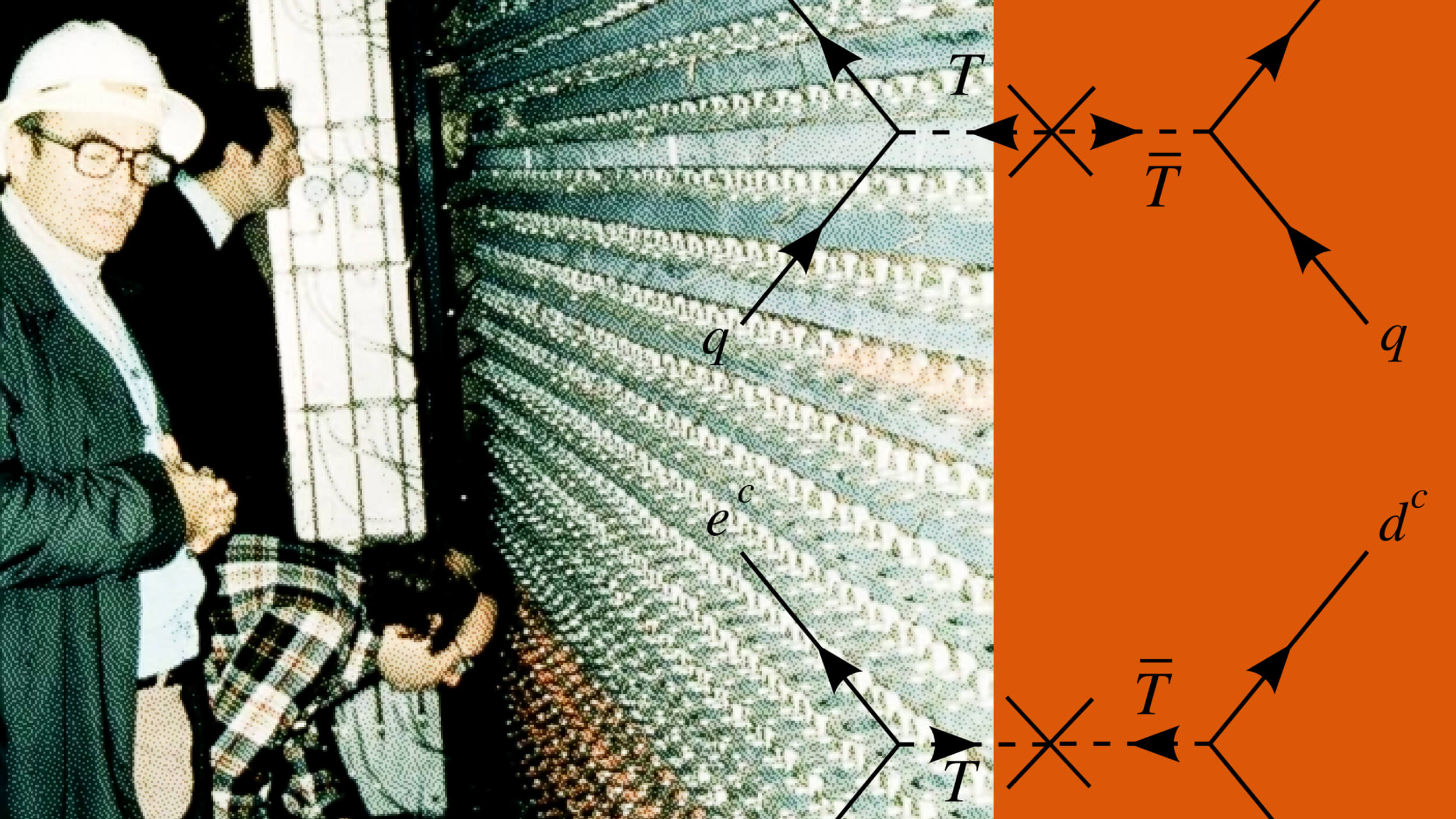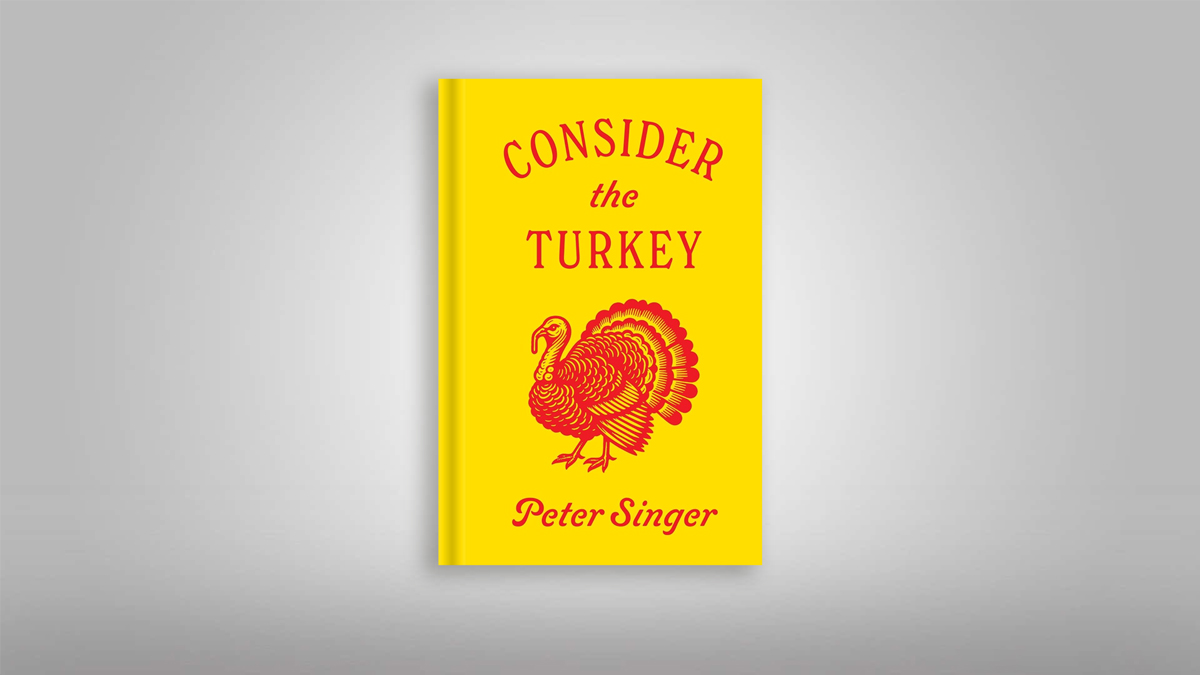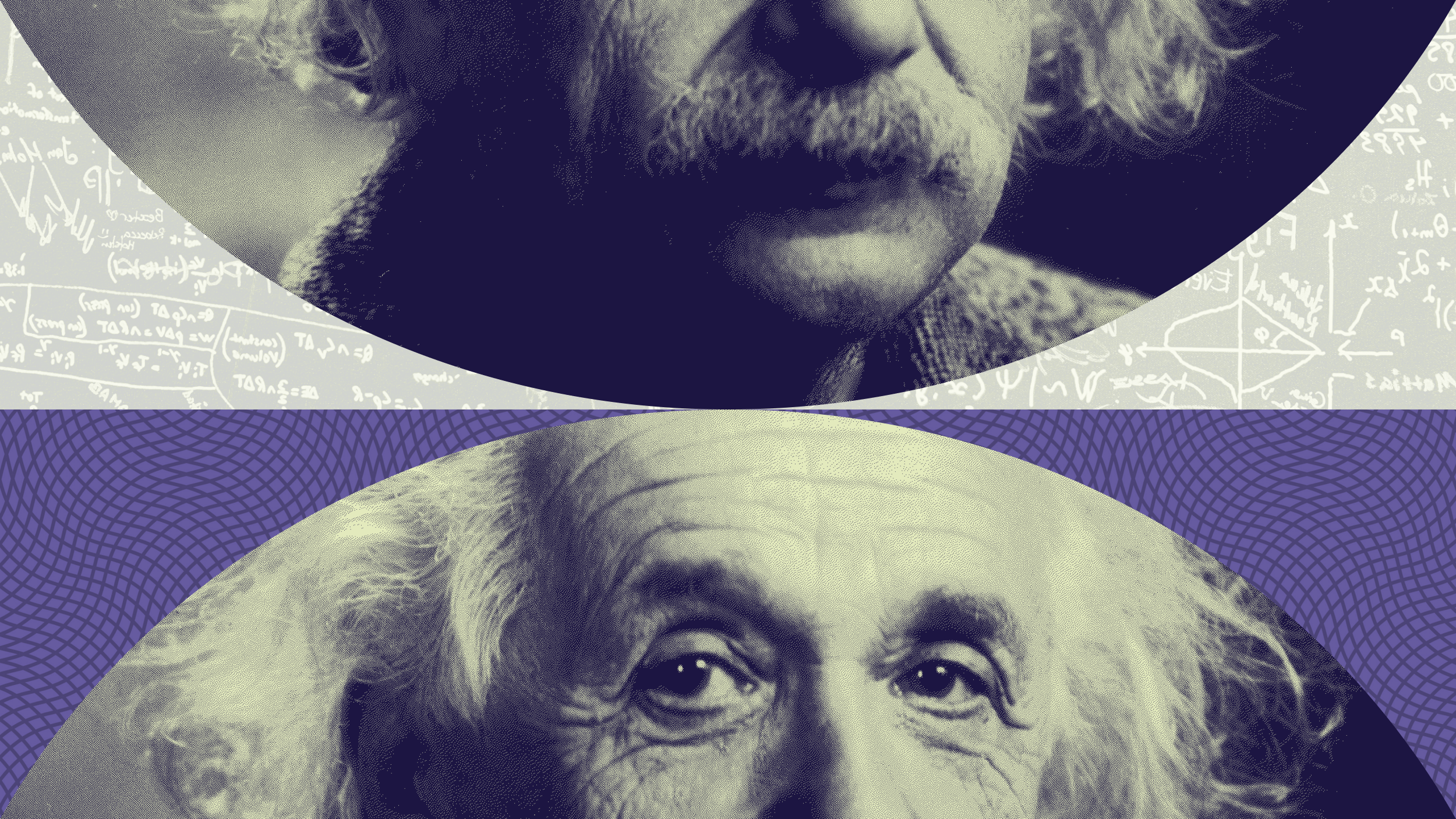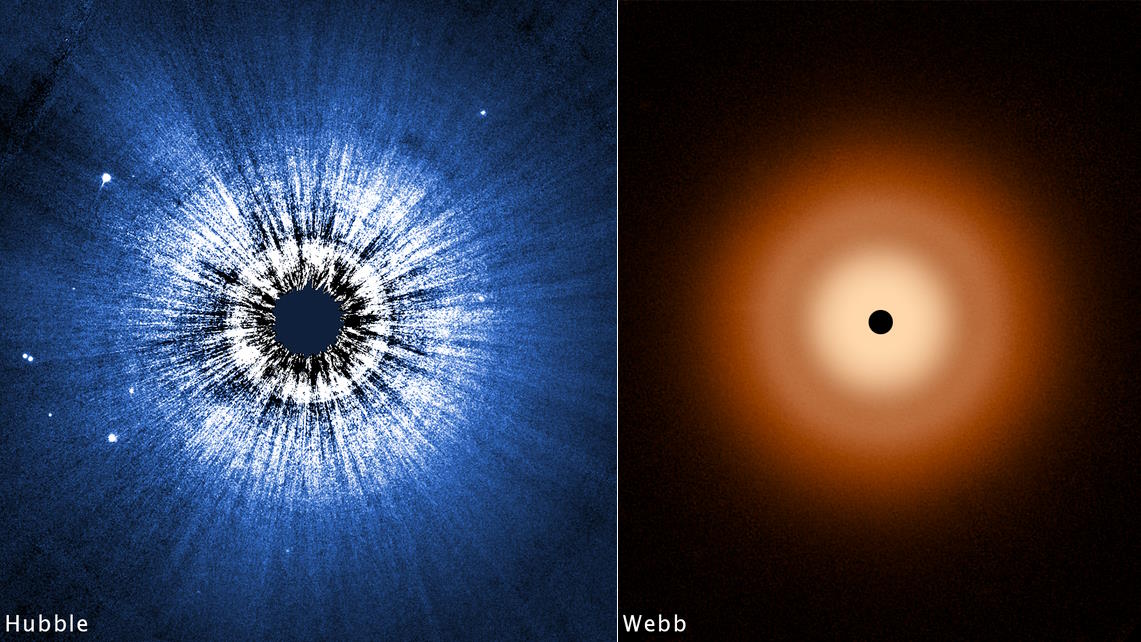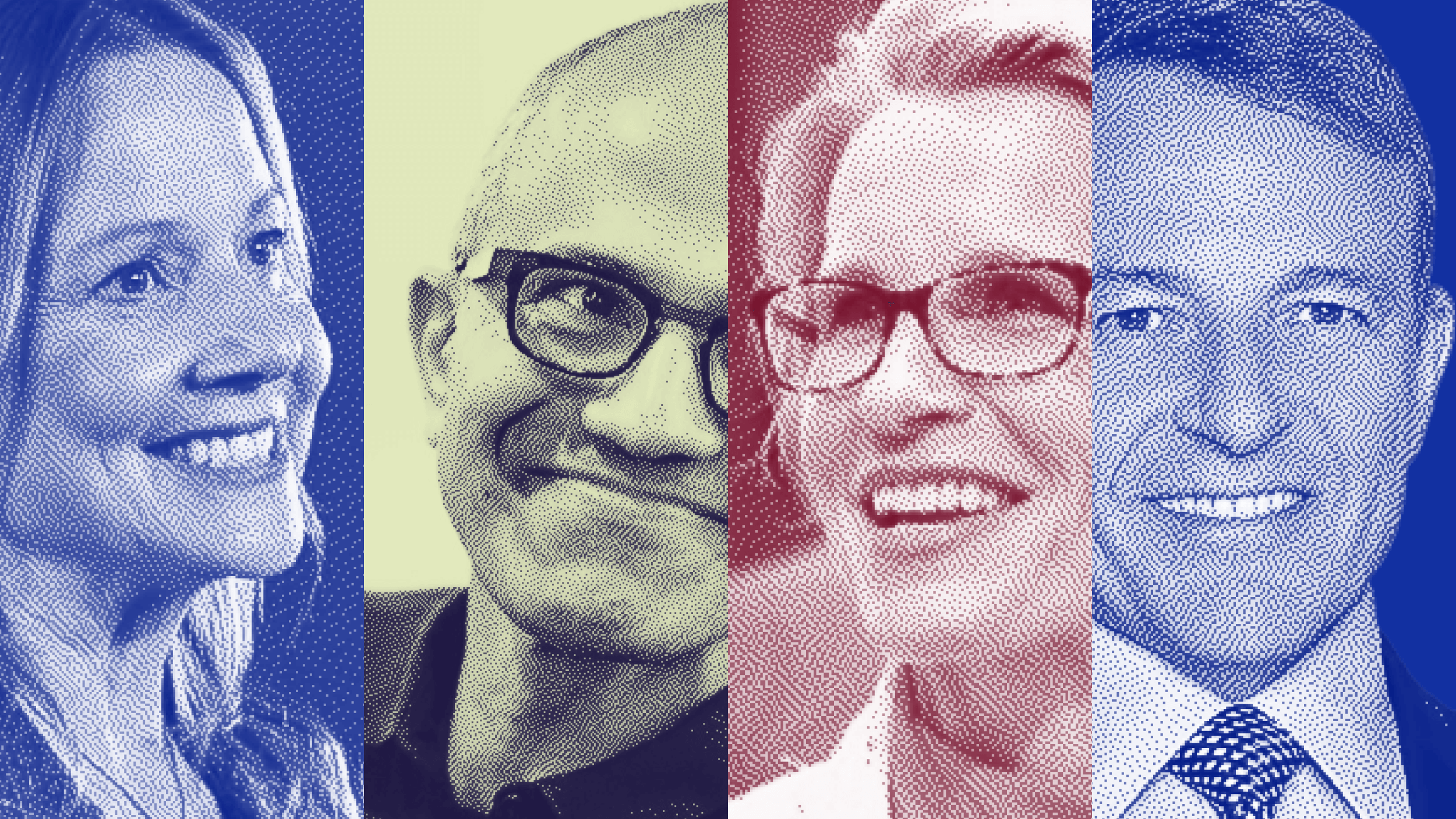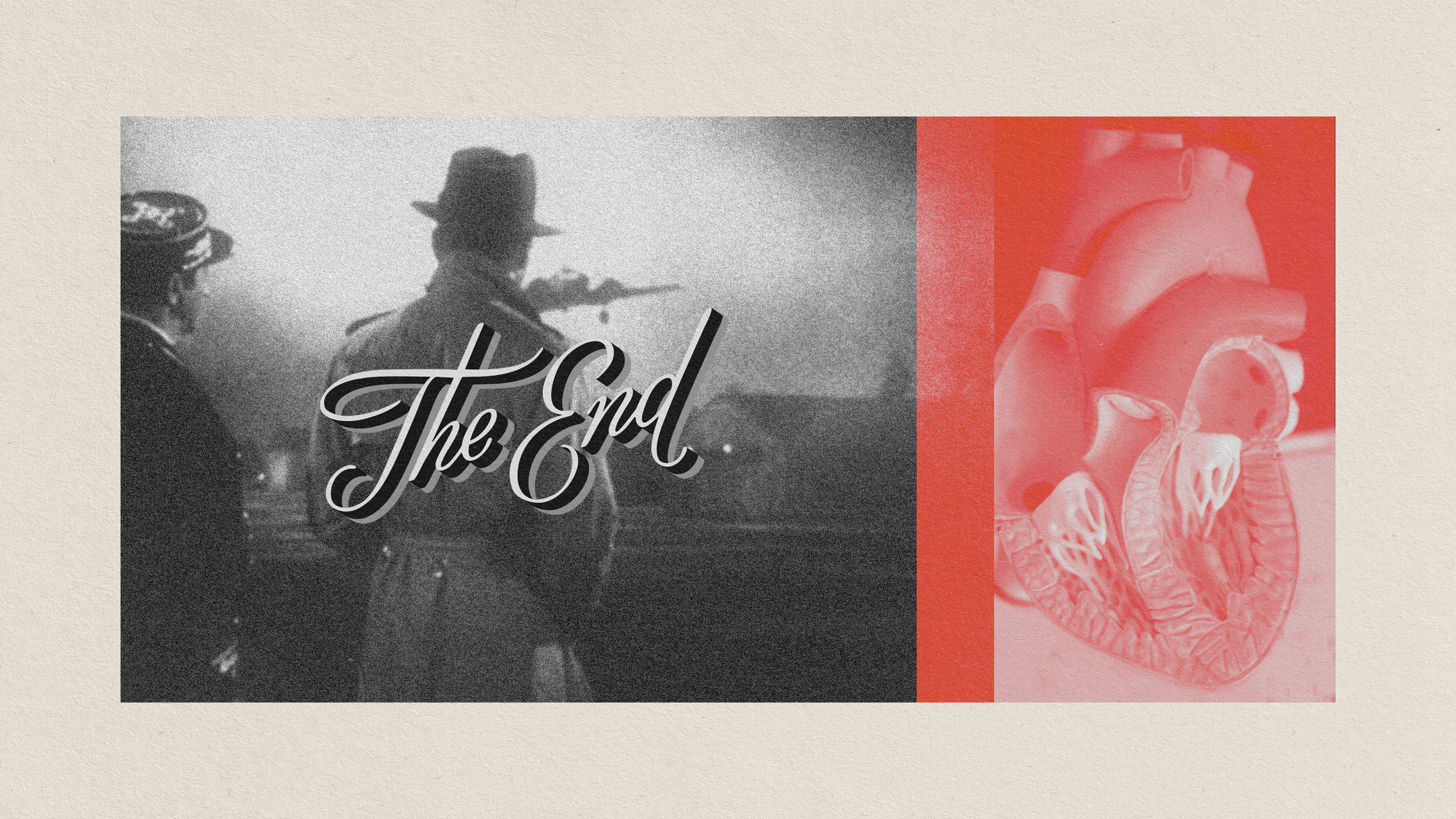“The evolution of digital media makes stricter regulation of online behavior not only feasible but inevitable,” writes media ecologist Andrey Mir.
Startup success can often hinge on a key lesson derived from behavioral science … and Jerry Seinfeld’s “Night Guy vs. Morning Guy” routine.
In partisan political times, recognizing the scientific truth is more important than ever. Scientists must be vocal and clear about reality.
The cat-and-mouse game between China and the world’s semiconductor companies is already having enormous consequences.
The race to find dark matter could grow more complex with high-energy neutrino interference.
In astronomy, a star’s initial mass determines its ultimate outcome in life. Unless, that is, a stellar companion alters the deal.
A prolonged strike could cost the economy between $500 million to $4.5 billion per day.
Black holes are the most massive individual objects, spanning up to a light-day across. So how do they make jets that affect the cosmic web?
There’s little more infuriating in the world than being told to “calm down” when you’re in the midst of a simmering grump.
Humans, when we consider space travel, recognize the need for gravity. Without our planet, is artificial or antigravity even possible?
In 1980, Willy Brandt drew a line across the map that still influences how we think about the world.
Welcome to The Nightcrawler — a weekly newsletter from Eric Markowitz covering tech, innovation, and long-term thinking.
Oxford professor of ethics, John Tasioulas, thinks we should consider the loss of opportunity for “striving and succeeding” that AI is likely to bring.
All the stars, stellar corpses, planets, and other large, massive objects take on spherical or spheroidal shapes. Why is that universal?
Can laboratories become more humane, or is it time to end animal research altogether?
Cal Newport explains how you and your teams can accomplish more while improving quality and supercharging workplace morale.
“What happens if you incorporate an AI? It’s now a legal person, and it can make decisions by itself. So you start having legal persons in the U.S., which are not human, and in many ways are more intelligent than us.”
▸
11 min
—
with
A crowdsourced “final exam” for AI promises to test LLMs like never before. Here’s how the idea, and its implementation, dooms us to fail.
Why hasn’t matter fallen apart over billions of years? The mystery might start with protons.
Philosopher Peter Singer argues it’s time to examine a morally dubious practice.
Take it from Bezos, Musk, and Einstein — rethinking lines of inquiry can transform business, investing, and innovation strategy.
“Most of us aren’t sure what to think about everything, but we don’t really see that modeled anywhere, right? You’re supposed to know for sure, and there’s very little intellectual humility on social media or on TV.”
▸
4 min
—
with
The 5th brightest star in our night sky is young, blue, and apparently devoid of massive planets. New JWST observations deepen the mystery.
Many beloved fantasy adventures take place in worlds that bear a striking resemblance to our own.
The successful tactics of big-name leaders — including Bob Iger, Mary Barra, and Satya Nadella — reveal key approaches to innovation.
Whether your hair is straight, wavy, curly, or kinky isn’t just genetic in nature. It depends on the physics of your hair’s very atoms.
Hang on to something — or ride the wave — because three big tech trends are about to converge.
Reusable rockets, moon landers, civilian astronauts, and more.
How can “you” move on when the old “you” is gone?
Do you always act professionally in the workplace? Depends what you mean by “professional.”




